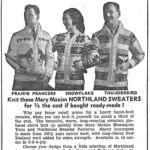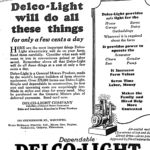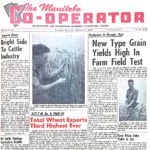Farm income, or the lack of it, dominated our pages in the fall of 1999. The November 4 issue reported on angry comments from a group of western farmers who had visited Ottawa to ask for $1.3 billion in aid. They met with Prime Minister Jean Chrétien, Agriculture Minister Lyle Vanclief and other ministers, and













